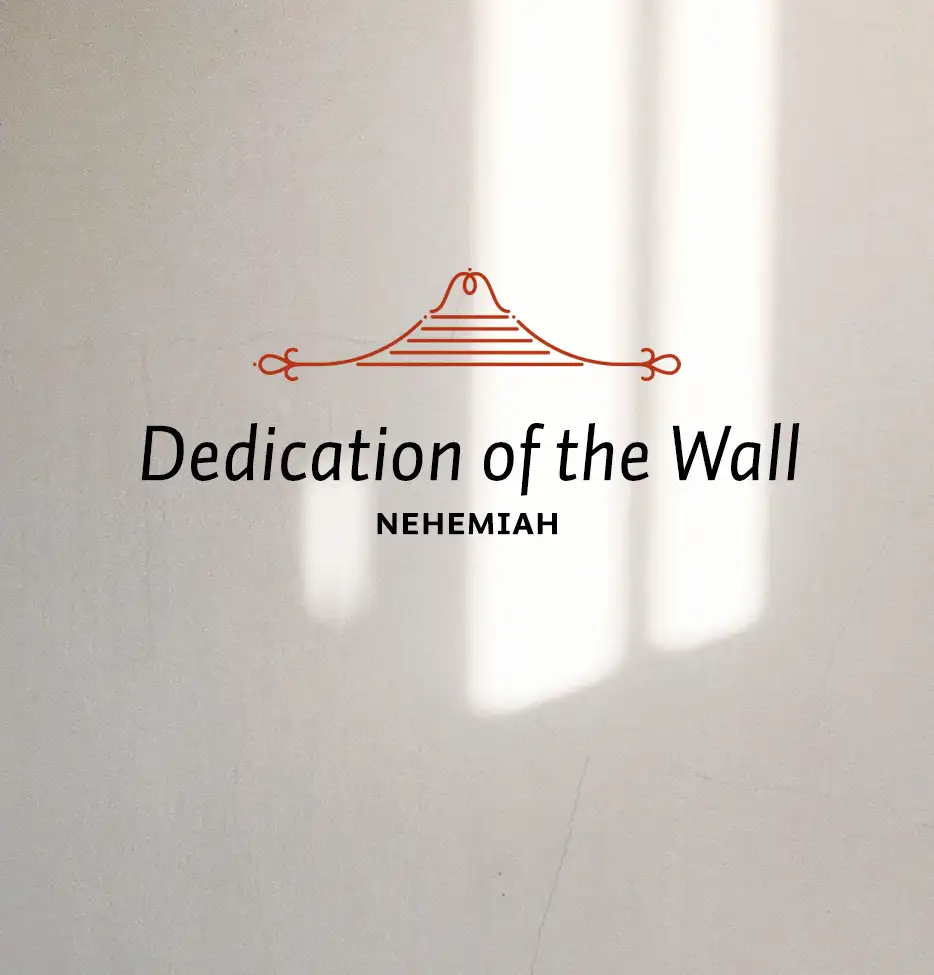The Christian life is hard work. There is no doubt about that. Even the Bible recognizes that it is hard work by describing it as a battle (“Fight the good fight of the faith,” 1 Tim. 6:12), a race (“I have finished the race,” 2 Tim. 4:7) and a sacrifice (“I urge you, brothers, in view of God’s mercy, to offer your bodies as living sacrifices, holy and pleasing to God which is your spiritual worship,” Rom. 12:1). Bible study is hard. Prayer is hard. Witnessing is hard. Living a holy life in the midst of the temptations of this world is extremely difficult. Because of these difficulties, perhaps we can be excused if, from time to time in our struggles, we tend to regard the Christian life as an example of what Winston Churchill promised England at the start of World War II, that is, a life of “blood, sweat and tears,” more than a joy and triumph.
The Christian life is a struggle, of course. Jesus promised His followers, not a comfortable life, but a cross. But it is not only that! After times of struggle there are also often pleasant times of sweet rest. After warfare there is victory. Along with the groans of spiritual exertion there are times of joyous celebration.
We come to one great example of celebration in Nehemiah 12, which tells of the dedication of the wall of Jerusalem. We do not know exactly when this dedication occurred, but it cannot have been long after the events of the previous chapters, since Nehemiah was a practical, hard-driving man who would not have delayed this climax to the achievements of the beginning of his governorship of Judah for more than a month at most. He had completed the wall within fifty-two days of his arrival in Jerusalem, on September 21, 444 B.C. He had delayed the wall’s dedication until the important festivals of the seventh month could be observed. But these were now behind him, the revival and rededication of the people had been achieved, and he called the people together for a celebration.
The narrative tells how Nehemiah brought the Levites, musicians and singers in from the outlying regions of the country, took the people up on the wall and staged a great procession or parade. It had two parts. One part was led by Nehemiah and proceeded in one direction around the wall while the other part was led by Ezra and proceeded in the other direction around the wall. Each group was led by musicians and choirs which sang praises to God and gave thanks to Him. Then, after the circumference of the wall had been navigated in this manner, the people converged at the temple, offered sacrifices and rejoiced so loudly that “the sound of rejoicing in Jerusalem could be heard far away” (v. 43).
Some people have wondered why the account of the dedication of the wall of Jerusalem has been held until now and not inserted at the end of chapter 6 where we were first told that the wall was finished. It could have been fitted in there, of course. But if it had been inserted there, it would not have been the fitting climax to the entire book it is, nor would the book have demonstrated such a meaningful unity.
We will consider this climax and unity in tomorrow’s study.






